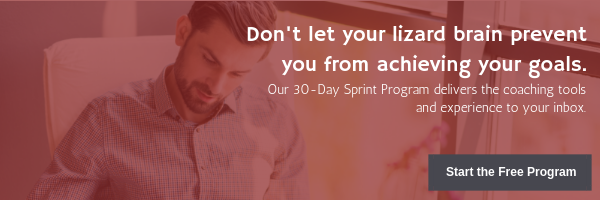
When hosting a Rewire Workshop, I often ask groups “how long does it take to break a habit?” A spattering of attendees will yell out anything from 5 days to 100 days. I suppose these answers are based upon the most recent book they read. And there are a lot of books out there on habits. How to change them, get rid of them, recognize the power in them, etc. Our habits seem to be all the rage. A brief search in Amazon left me smiling at the idea that there are hundreds of books all aimed at helping us create or somehow dismantle a habit or two.
It's completely understandable that there are so many differing ideas out there on habits. Changing habits is hard. And the science (as well as common experience) is saying that the older we get, the more entrenched we are in our own thinking and the harder and harder it becomes to do or think anything new. When we don’t, we become relegated to our own ways – many of which are good, by the way. But many of those ways create a block in our attempt to do something different and better.
Thank God we can change. You can begin something new. Really. You can. I dare say that beginning something new is crucial for life. The challenge, however, is that we often underestimate that doing something (anything) new is simultaneously leaving something old behind. If you would like to explore an entire treatise on this topic, check out Henry Cloud’s book Necessary Endings.
Today, I would like to point us all to the power of "critical Beginnings" and not just necessary endings. What must you begin today? It could be something small, or that bigger thing you know you’ve needed to do for some time.
Please take a few minutes to consider a new path. It doesn’t need be earth-shattering or career-ending. It could be an openness to a new way of thinking or a simple new action. Just remember all the books on habits will always require a new step from us. You got it.
---
P.S. That link to the study on neuroplasticity of the aging human brain draws a strong connection between lifestyle factors (such as rest and enjoyment and working out) and prolonged neuroplasticity. So, don't think that age ensures cognitive decline. There are things a person can do (and we'd be happy to help with) to keep growing their thinking at every age. The important thing is to start now.





